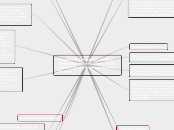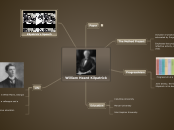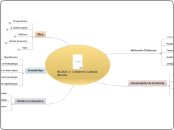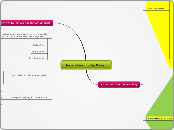a lelethu ncokwana 10 éve
343
New Map
The study of persuasion encompasses several theories that explain how individuals' attitudes and behaviors are influenced. Skinnerian behaviorism posits that behavior is a reaction to the environment, suggesting that external stimuli rather than internal thoughts drive actions.









